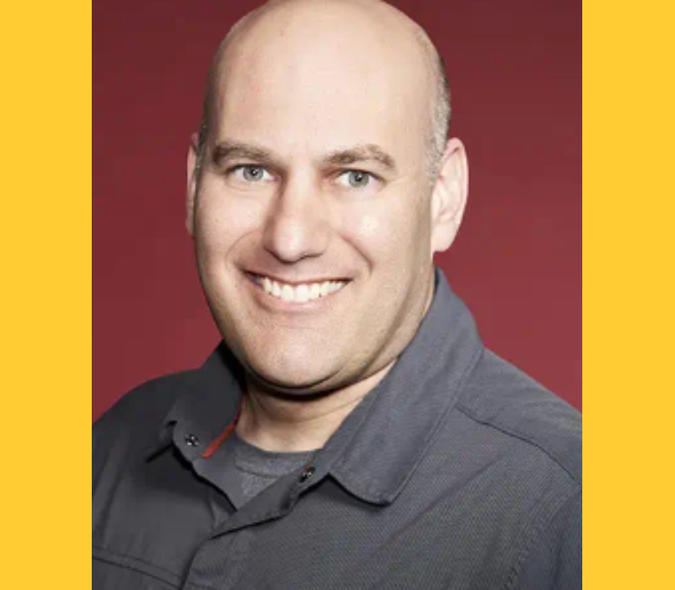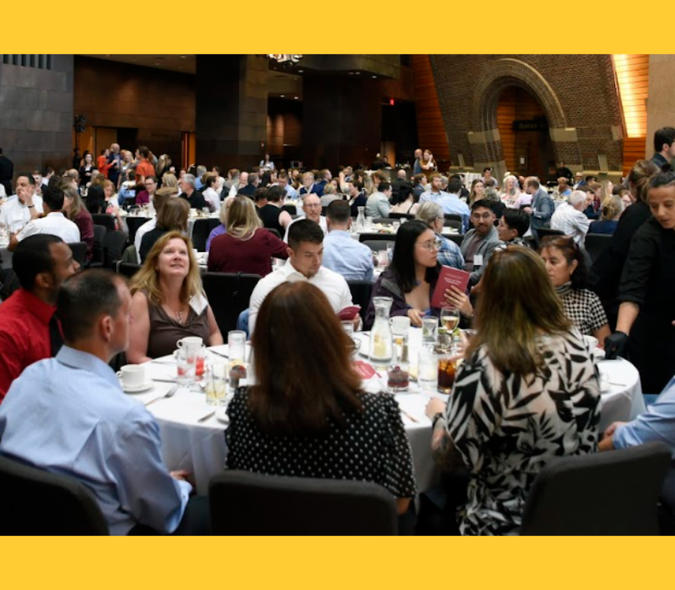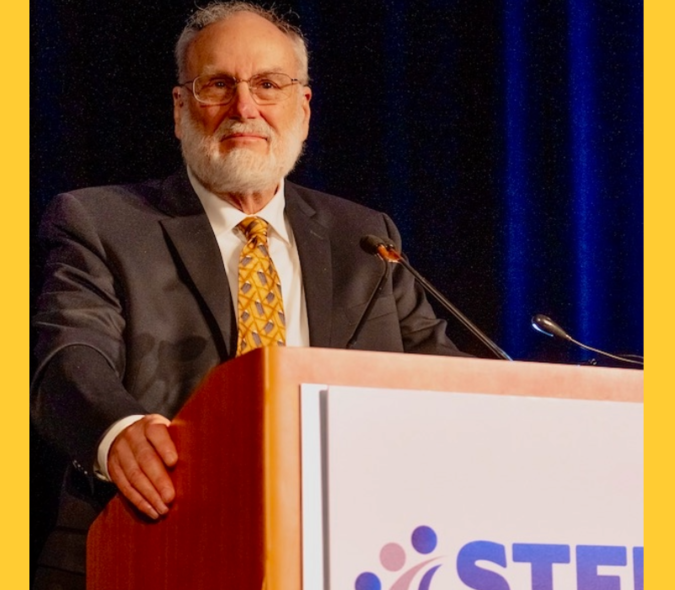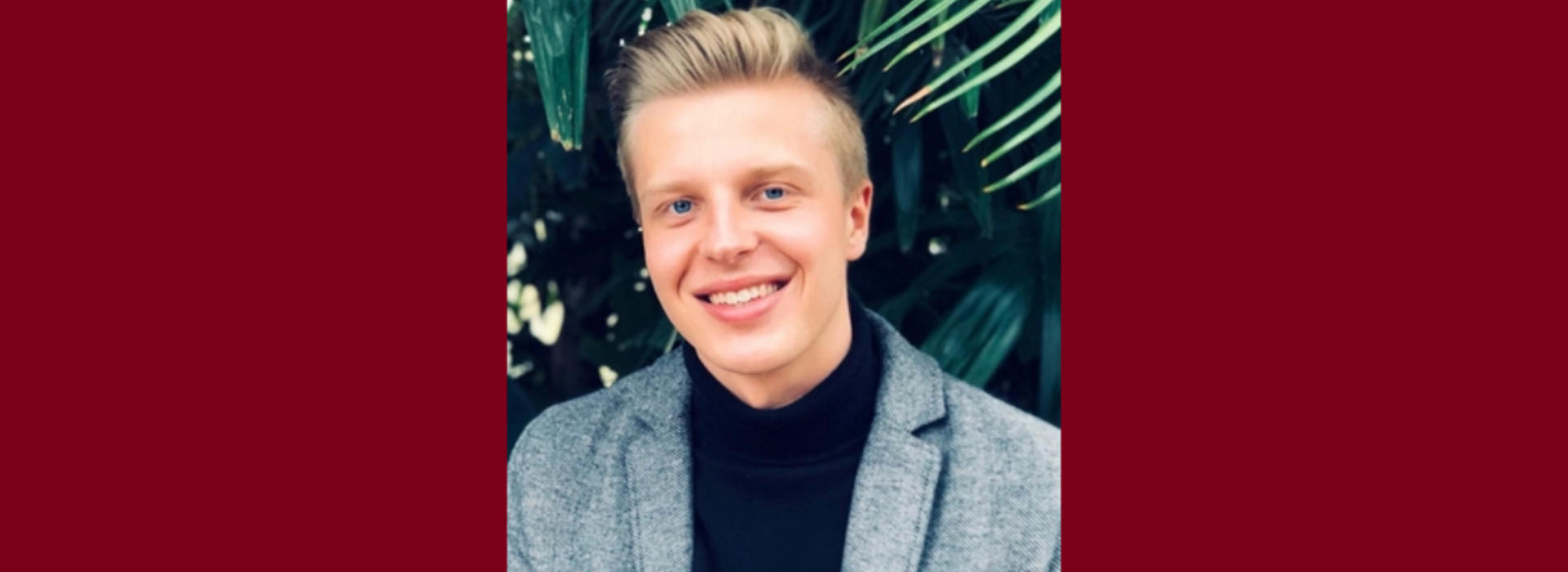
Spotlight on Dr. Ben Parchem for National Postdoctoral Fellow Appreciation Week
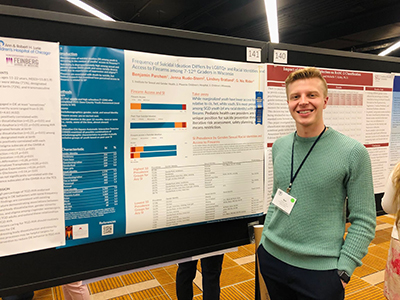 Ben Parchem, PhD (he/him), is the Randi and Fred Ettner Fellow in Transgender Health at the Eli Coleman Institute for Sexual and Gender Health. In recognition of National Postdoctoral Fellow Appreciation Week, we are proud to highlight Dr. Parchem and his accomplishments.
Ben Parchem, PhD (he/him), is the Randi and Fred Ettner Fellow in Transgender Health at the Eli Coleman Institute for Sexual and Gender Health. In recognition of National Postdoctoral Fellow Appreciation Week, we are proud to highlight Dr. Parchem and his accomplishments.
Can you please give us a brief background on your education and career so far?
I was actually a Minnesota Gopher for my undergraduate education in neuroscience and health psychology. When I realized medical school wasn’t the right fit for me, but I wanted to still be in a helping profession, I landed on a PhD in Clinical Psychology, which I earned from George Washington University.
Over the course of my graduate training, I primarily worked in pediatric settings, such as Children’s National in Washington, DC, and Phoenix Children’s Hospital in Arizona. Now I am happily a Gopher again, entering the second and final year of my postdoctoral fellowship working in gender health.
How did you come to specialize in your field(s)?
As a member of the queer community, I knew I wanted to clinically support the sexual and gender diverse community and intentionally sought out training experiences that offered me this opportunity, such as pediatric gender health clinics and an HIV clinic. My research has always been focused on health disparities faced by sexual and gender diverse people and have found mentors to help guide my research efforts.
What drew you to apply for the Randi and Fred Ettner Fellowship in Transgender Health at the Eli Coleman Institute for Sexual and Gender Health?
By the time I was looking for fellowships, I knew gender health was my professional direction, and my sights had been set on the Randi and Fred Ettner Fellowship in Transgender Health from early on in my search. It was a no-brainer because the fellowship offered: (1) the opportunity to train with leaders in the field of gender health, (2) the ability to have dedicated time for clinical care and research, and (3) individualized professional development that respected my existing experience and supported my growth edges.
What have you found to be most rewarding about the fellowship and your experience as a fellow?
While an all-around excellent fellowship experience, I have most appreciated that this fellowship offers experiences that allow me to capitalize on the variety of skills I was prepared to do in my PhD program including clinical care, research, teaching, and advocacy. Throughout all of these domains, my supervisors and mentors have centered values of intersectionality, lived experience, and social justice, which has been refreshing and inspiring.
How do you foresee this fellowship benefiting and advancing your career and helping you to achieve your professional goals?
Beyond the high-quality training in child/adolescent gender health and health disparity research I have received in this fellowship, I am most grateful for the professional relationships I have made with my supervisors and mentors. My mentorship team has been formative in refining my clinical and research skills, challenging me to expand my teaching skills and community engagement efforts, and supporting my professional development and career trajectory.
What are your next steps and what do you hope to pursue in the coming years?
As I enter my second and final year of my fellowship, in addition to maintaining my clinical and research responsibilities, I plan to continue my training at the intersection of autism and gender diversity, apply for research funding, and continue advocacy efforts to resist the ongoing efforts in the United States to ban evidence-based gender-affirming care for youth. In all my endless downtime, you can find me on a walk with my pup or playing volleyball.
